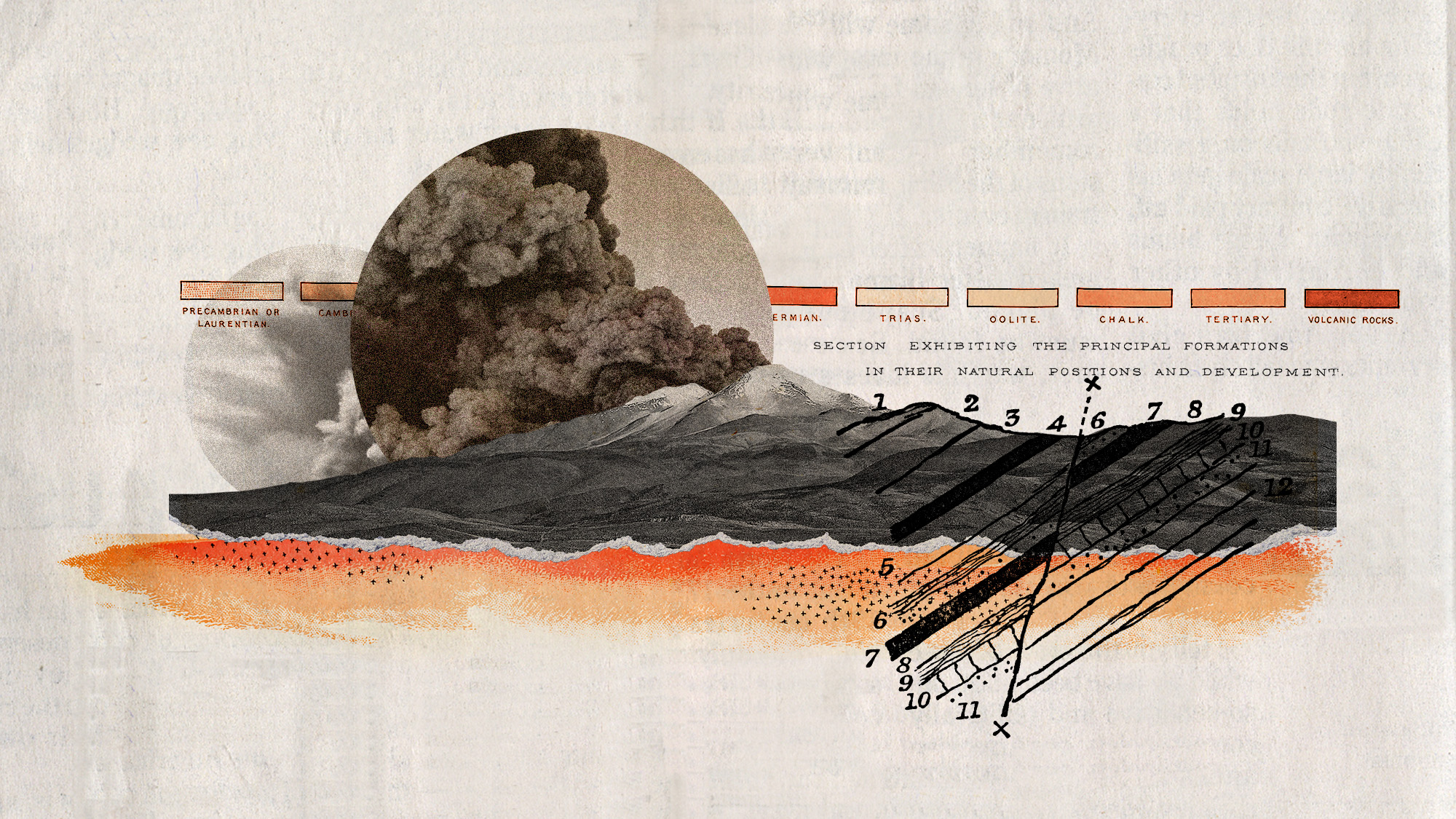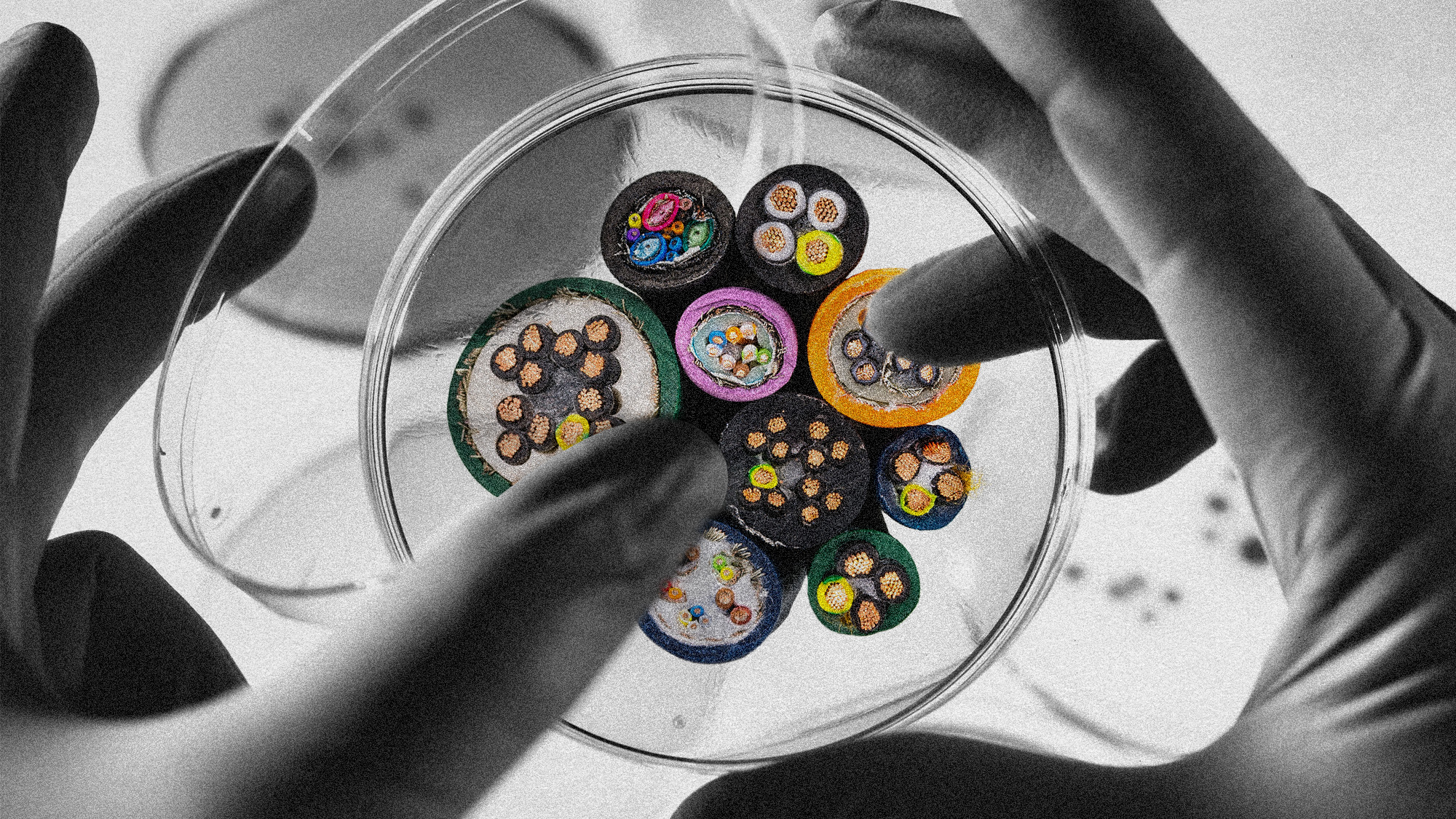Wind-powered ships are back. But will they make an impact?
The maritime industry is eyeing a pivot back to basics


A free daily email with the biggest news stories of the day – and the best features from TheWeek.com
You are now subscribed
Your newsletter sign-up was successful
Now that cars, planes, and ships have wreaked havoc on the environment, some companies are looking to go back to transportation basics: using the wind to sail the sea.
How are ships harnessing wind power?
The maritime industry currently accounts for almost 3% of global carbon emissions, Reuters reported, so companies and environmentalists alike are hoping to change sea travel to be more sustainable. Agriculture giant Cargill launched the maiden voyage of its cargo ship, the Pyxis Ocean, fitted with sails to harness the wind. The cargo ship is five years old and was retrofitted with 37.5-meter sails known as WindWings, which allow the vessel to be "pushed along by the wind, rather than solely relying on its engine," according to IFL Science. This should cut emissions by up to 30%.
Wind sailing is obviously not a new concept. But the idea of using "winglike sails" was reinvigorated in the early 21st century "to break speed records on racing yachts," The New Yorker reported. "If international shipping is to achieve its ambition of reducing CO2 emissions, then innovation must come to the fore," John Cooper, CEO of BAR Technologies, which helped build the WindWings, said in a statement. Along with the sails, shipping routes will also need altered to follow and better harness trade winds.
The Week
Escape your echo chamber. Get the facts behind the news, plus analysis from multiple perspectives.

Sign up for The Week's Free Newsletters
From our morning news briefing to a weekly Good News Newsletter, get the best of The Week delivered directly to your inbox.
From our morning news briefing to a weekly Good News Newsletter, get the best of The Week delivered directly to your inbox.
"The maritime industry is on a journey to decarbonize — it's not an easy one, but it is an exciting one," said Jan Dieleman, president of Cargill's ocean transportation business, in the statement. If the Pyxis Ocean's voyage is successful, it could prompt a shift in the industry. "Wind is a near marginal cost-free fuel and the opportunity for reducing emissions, alongside significant efficiency gains in vessel operating costs, is substantial," Cooper added.
Is this the way of the future?
While the WindWings technology has a lot of potential, investment in it has been low. "It is risk taking. There is no guarantee ... that the economics are going to work," Dieleman told Reuters. However, the threat of climate change has made the push to switch to clean energy sources more time-sensitive. "What was once the dream of a few enterprising idealists has become a business opportunity that startups and sprawling multinationals alike are chasing," The New Yorker wrote.
"Wind is free, blows harder at sea than on land and weather-routing software uses sophisticated algorithms to plot the fastest and most fuel-efficient voyage," reported The Guardian. Other forms of renewable power including green methanol and ammonia are far more expensive than fossil fuels and still do release some emissions. "It is up to us to show the industry what is possible and hopefully get some more people confident around this technology," Dieleman continued.
Still, wind alone isn't enough to turn the industry green. Currently, more than 20 commercial cargo ships are using wind power to cut their fuel use, but "for wind power to push the shipping industry forward, it will need to reach the biggest players in the business," The New Yorker explained. Cargill is a good start. But more must be done to stop the use of fossil fuels, as well. "There are factors you can control and factors you can't," Dieleman said to The Financial Times. "We need things like biofuels to be deployed ... If the industry's not going to do anything different than today, we're just not going to get there."
A free daily email with the biggest news stories of the day – and the best features from TheWeek.com
Devika Rao has worked as a staff writer at The Week since 2022, covering science, the environment, climate and business. She previously worked as a policy associate for a nonprofit organization advocating for environmental action from a business perspective.
-
 The Olympic timekeepers keeping the Games on track
The Olympic timekeepers keeping the Games on trackUnder the Radar Swiss watchmaking giant Omega has been at the finish line of every Olympic Games for nearly 100 years
-
 Will increasing tensions with Iran boil over into war?
Will increasing tensions with Iran boil over into war?Today’s Big Question President Donald Trump has recently been threatening the country
-
 Corruption: The spy sheikh and the president
Corruption: The spy sheikh and the presidentFeature Trump is at the center of another scandal
-
 How climate change is affecting Christmas
How climate change is affecting ChristmasThe Explainer There may be a slim chance of future white Christmases
-
 Why scientists are attempting nuclear fusion
Why scientists are attempting nuclear fusionThe Explainer Harnessing the reaction that powers the stars could offer a potentially unlimited source of carbon-free energy, and the race is hotting up
-
 Canyons under the Antarctic have deep impacts
Canyons under the Antarctic have deep impactsUnder the radar Submarine canyons could be affecting the climate more than previously thought
-
 NASA is moving away from tracking climate change
NASA is moving away from tracking climate changeThe Explainer Climate missions could be going dark
-
 What would happen to Earth if humans went extinct?
What would happen to Earth if humans went extinct?The Explainer Human extinction could potentially give rise to new species and climates
-
 Bacteria can turn plastic waste into a painkiller
Bacteria can turn plastic waste into a painkillerUnder the radar The process could be a solution to plastic pollution
-
 A zombie volcano is coming back to life, but there is no need to worry just yet
A zombie volcano is coming back to life, but there is no need to worry just yetUnder the radar Uturuncu's seismic activity is the result of a hydrothermal system
-
 'Bioelectric bacteria on steroids' could aid in pollutant cleanup and energy renewal
'Bioelectric bacteria on steroids' could aid in pollutant cleanup and energy renewalUnder the radar The new species is sparking hope for environmental efforts
